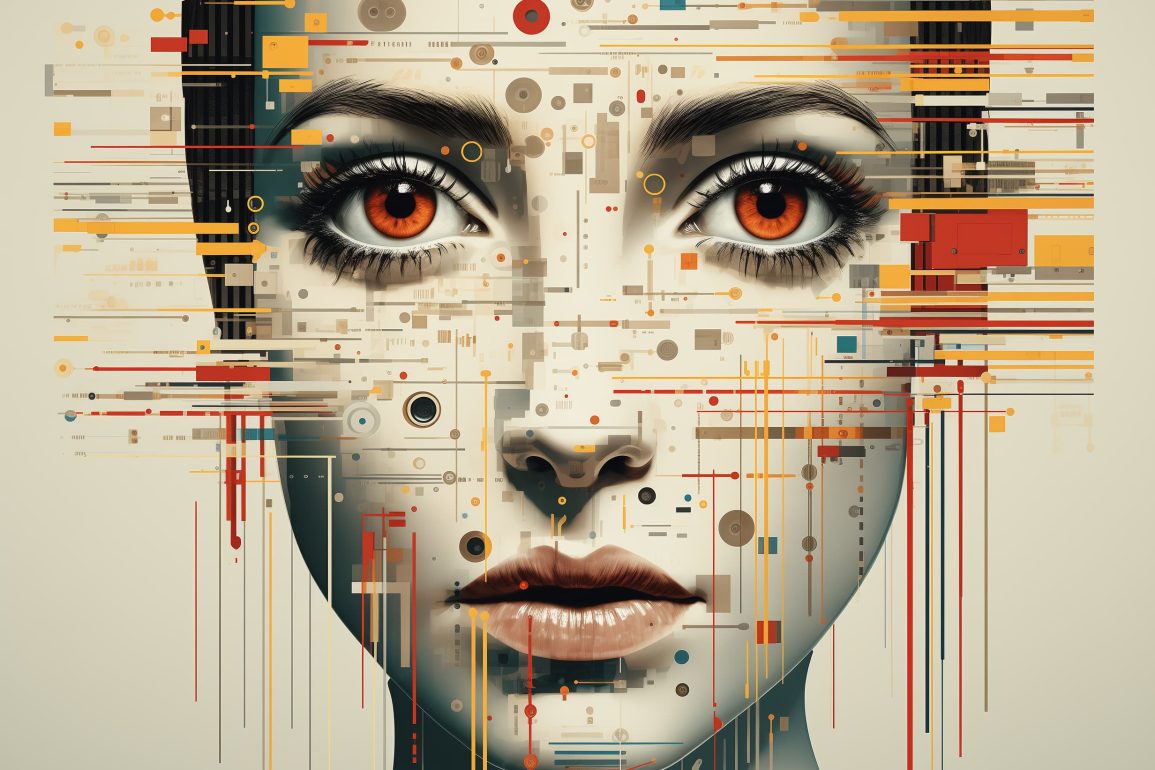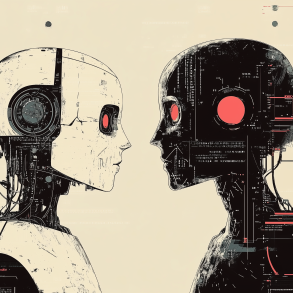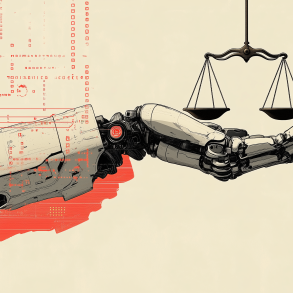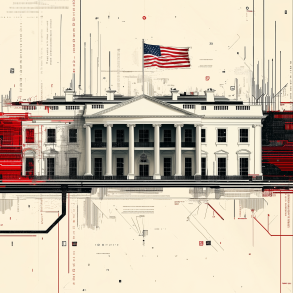The year 2024 marks a significant advancement in the realm of generative artificial intelligence, increasingly integrated into various aspects of daily life. From simplifying tasks such as creating grocery lists to developing complex code for programming, AI is poised to transform our future. Despite concerns about AI replacing human jobs, the consensus among experts is that AI brings more opportunities than threats. It is vital to continue educating our youth in coding to harness the creative freedoms offered by AI.
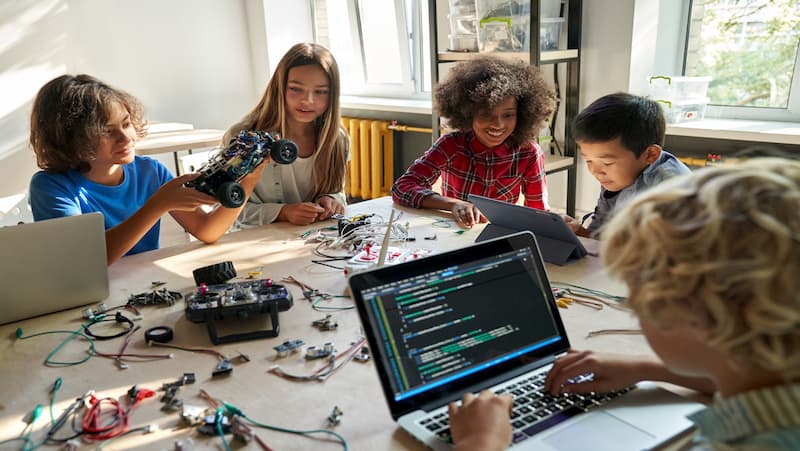
Generative AI operates on large language models, which learn by synthesizing user inputs with vast amounts of web-sourced data. While it can generate basic code from simple prompts, this technology still requires human oversight. Programmers need to review, refine, and contextualize the AI-generated code for practical applications. This shift allows programmers to focus less on debugging and more on creative aspects of technology development, broadening accessibility and utility.
The benefits of coding education in a technologically driven world are immense. Learning to code no longer requires extensive courses on basic programming; instead, it emphasizes creativity, critical thinking, and problem-solving. Generative AI lowers barriers to coding, enabling children to more easily use code to address contemporary challenges. Coding not only involves problem-solving but also fosters collaboration and creativity, crucial skills in today’s digital landscape.
For instance, when using generative AI to draft an email, one wouldn’t simply use the output verbatim. Instead, it involves reviewing, adjusting tone and word choice, and personalizing the content to ensure it aligns with the intended message. This process underscores the importance of critical thinking and personal input in utilizing AI-generated content.
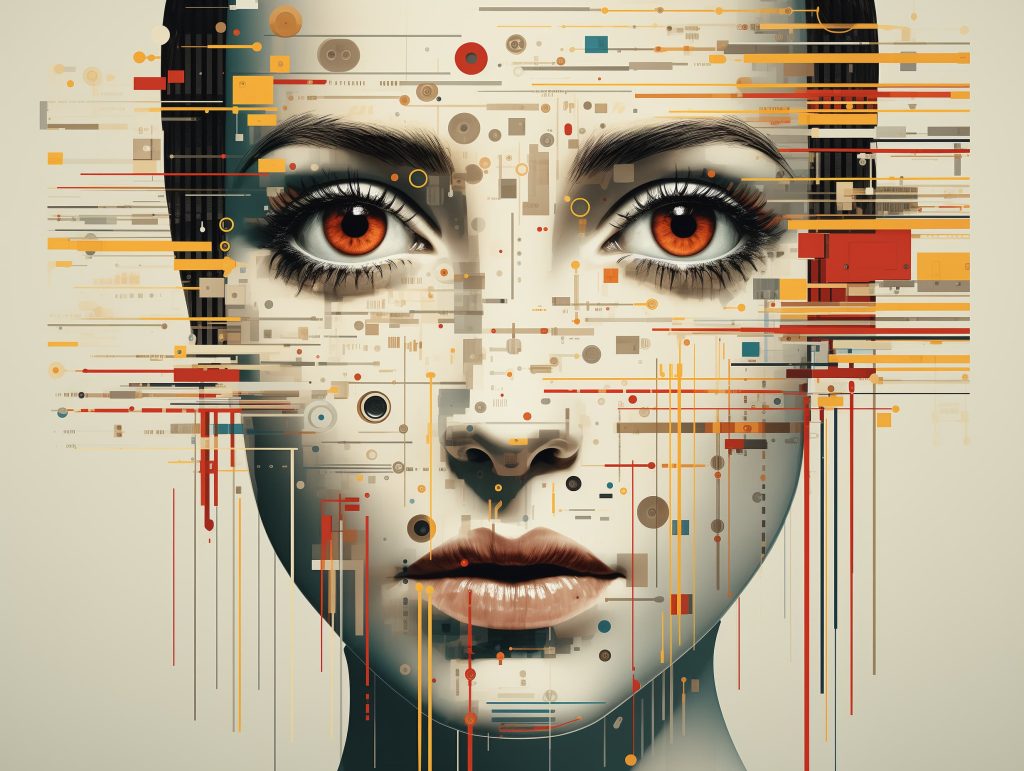
Teaching coding empowers children to engage creatively and efficiently with problems, reducing redundant efforts and focusing on innovation. As AI continues to evolve, the nature of programming jobs will transform rather than diminish. Programmers will increasingly need to know how to leverage AI tools more than mastering specific programming languages.
Despite the ongoing development of AI technologies, the journey towards perfect accuracy remains long. However, each advancement also creates new opportunities for job creation, particularly in maintaining and improving these technologies. For example, when Google’s AI Gemini inaccurately generated images of a 19th-century U.S. senator, skilled programmers were required to correct the underlying errors—a reminder of the necessity for human oversight.
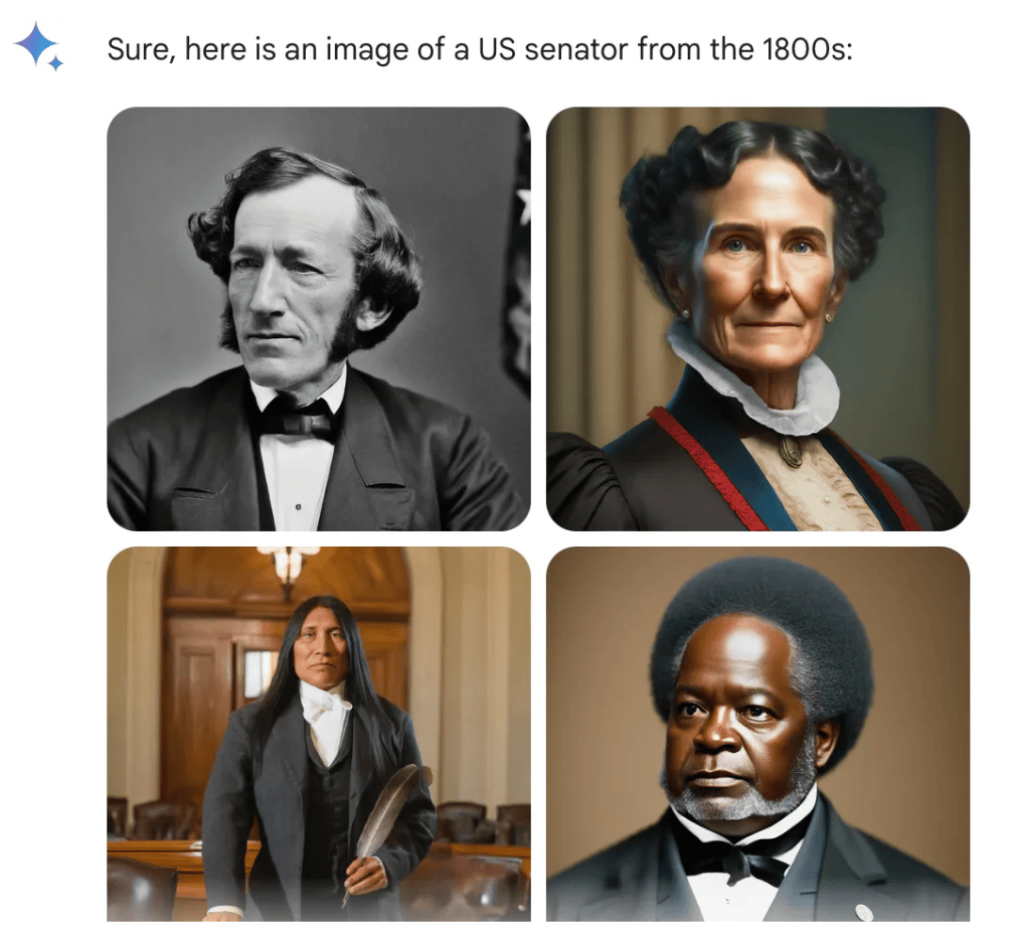


The rise of AI represents a significant opportunity to expand our technological capabilities, freeing us from the constraints of specialized knowledge and enabling a focus on creativity and problem-solving. By continuing to teach coding skills, we prepare future generations to excel in a world where technology enhances creativity. Embracing AI can inspire unprecedented levels of innovation and creation.



